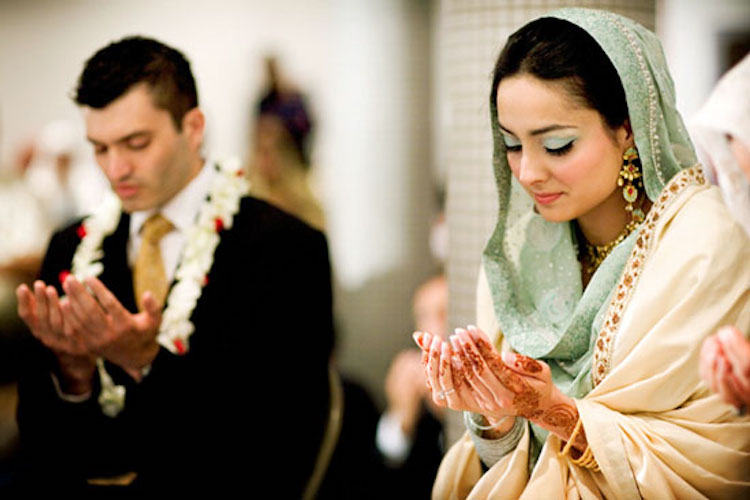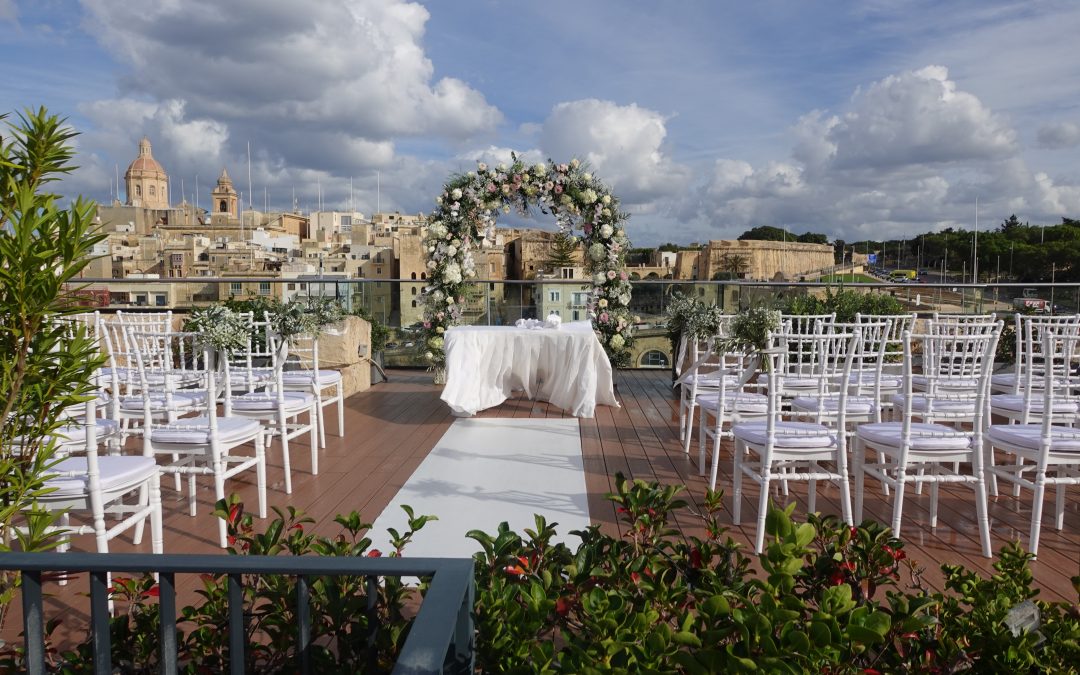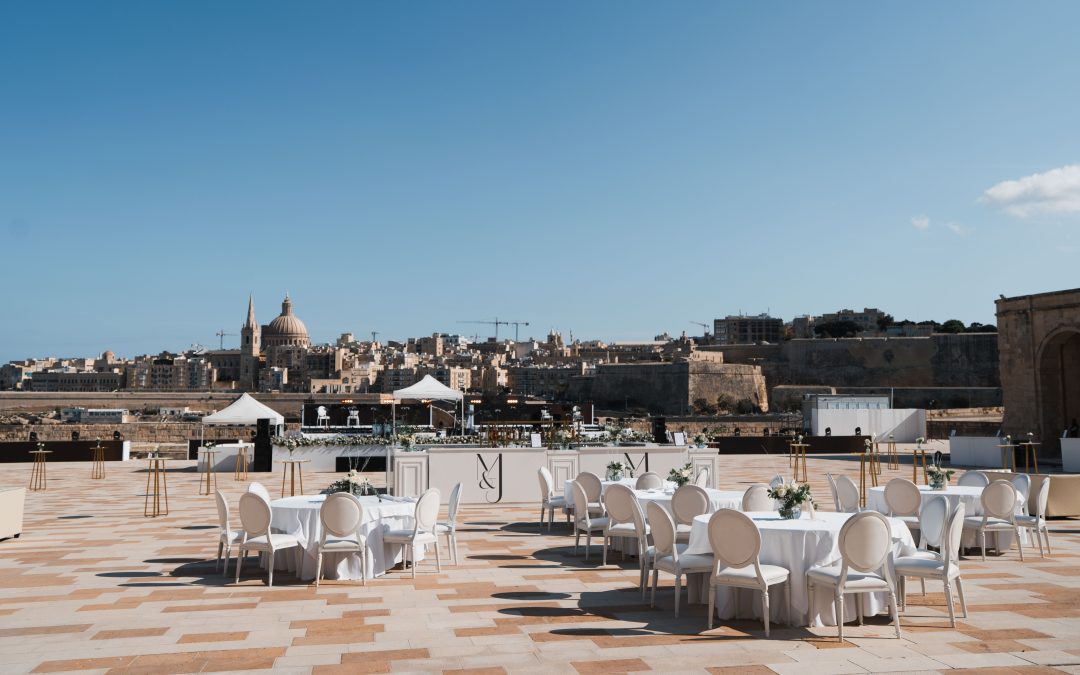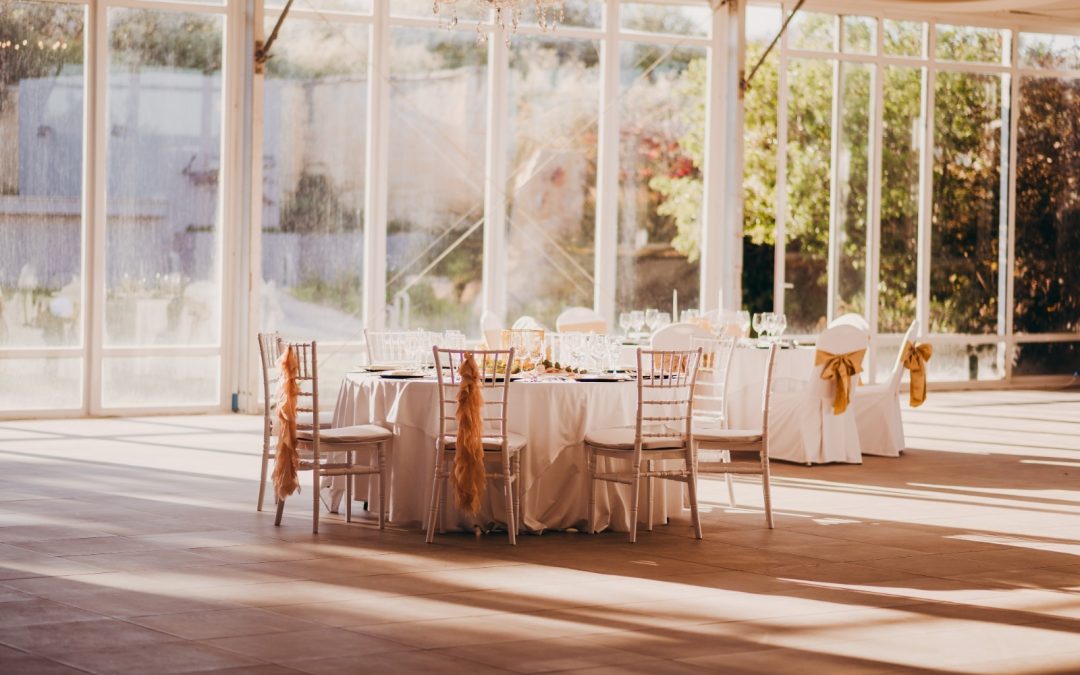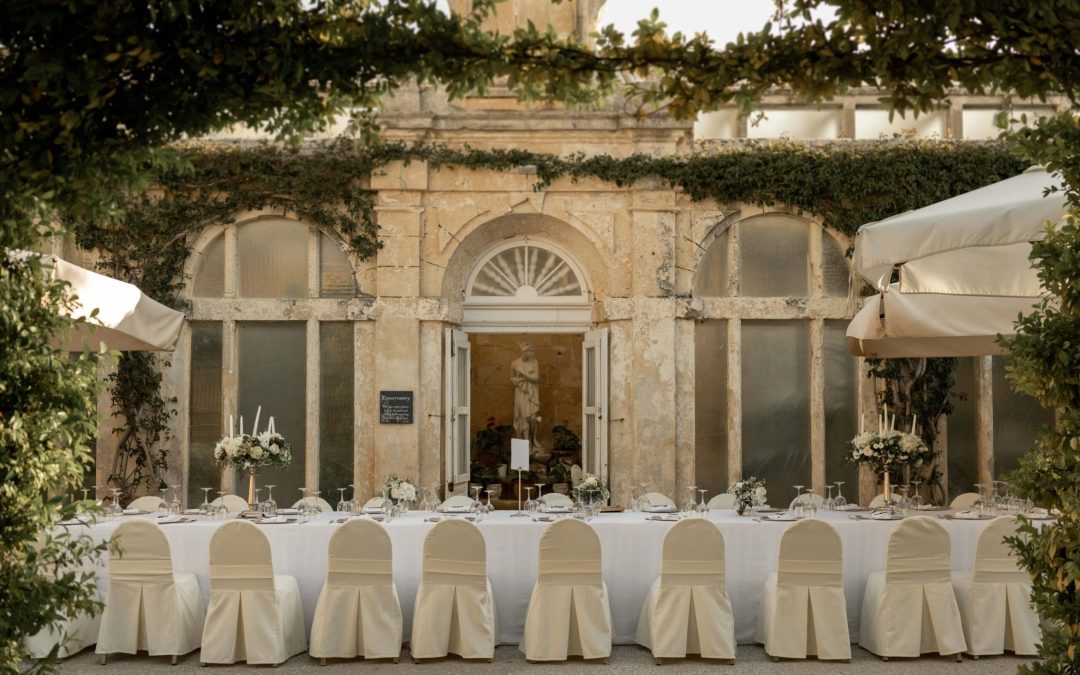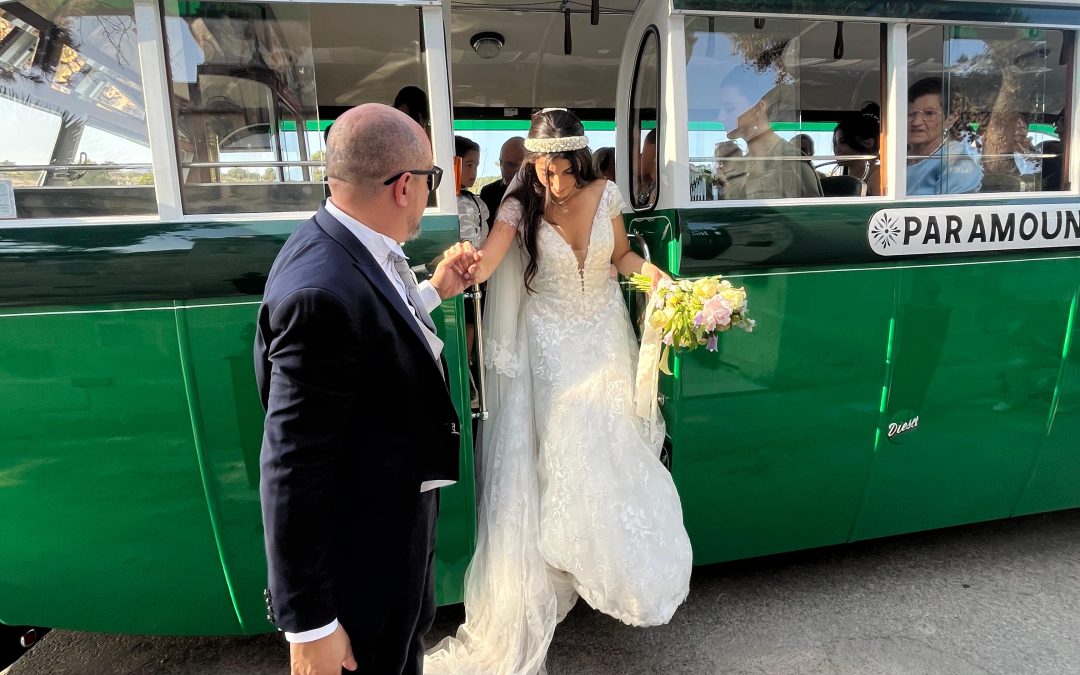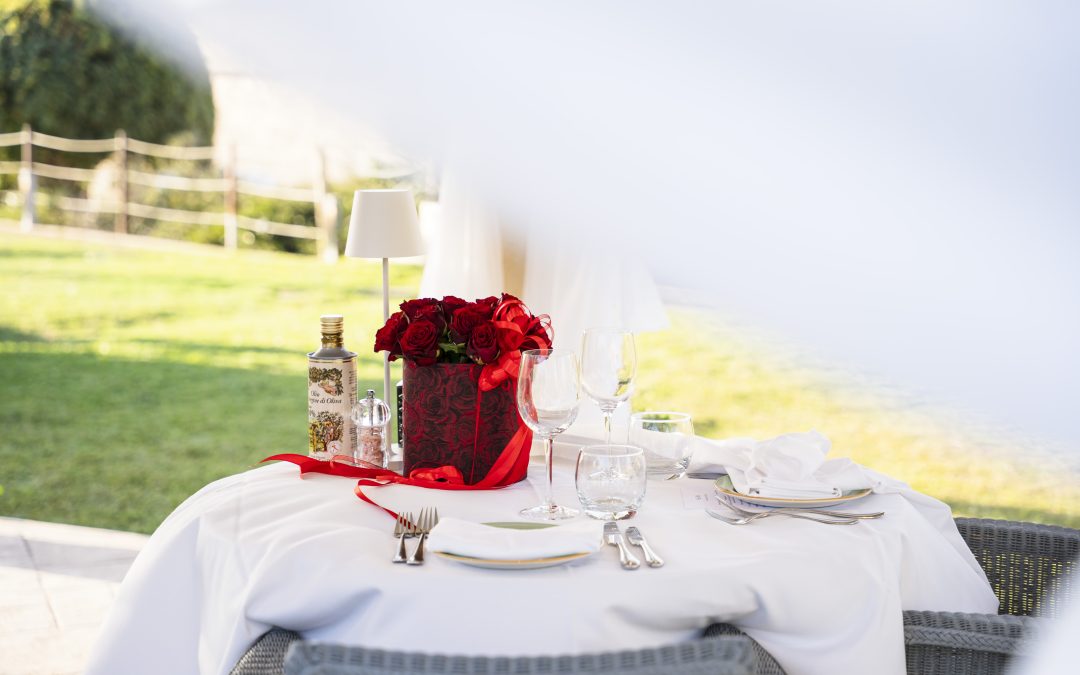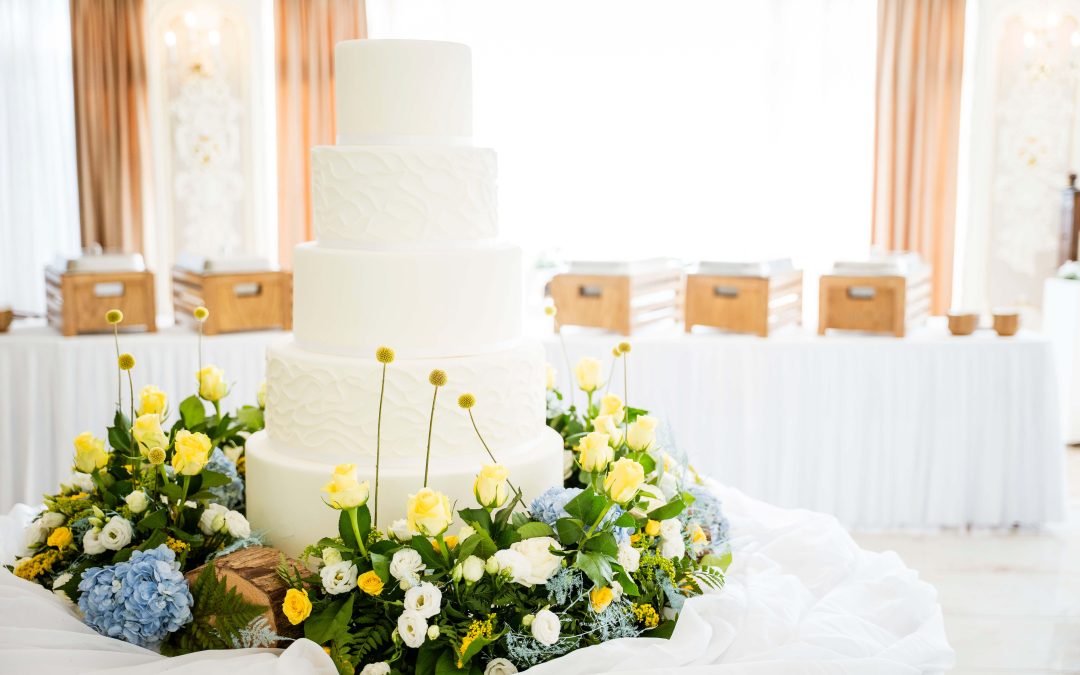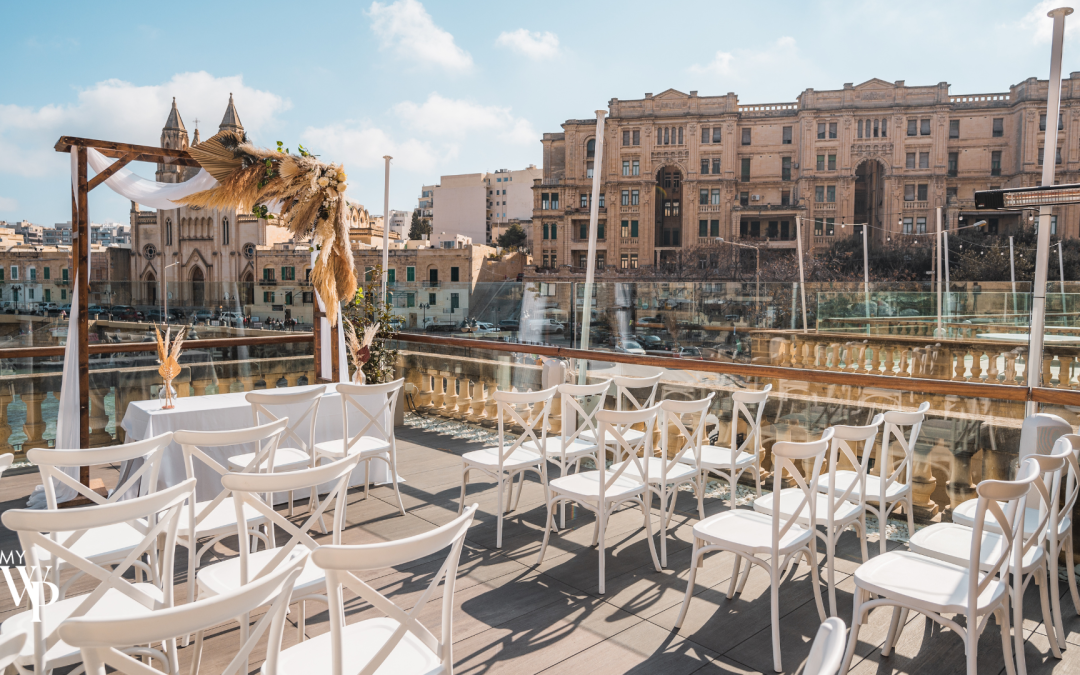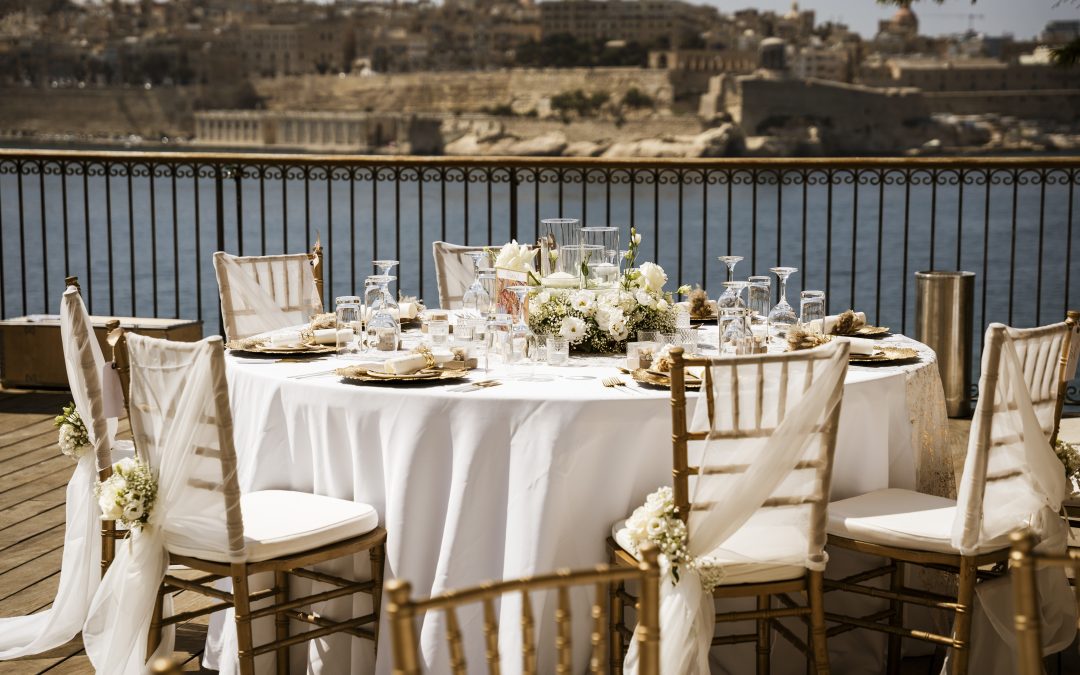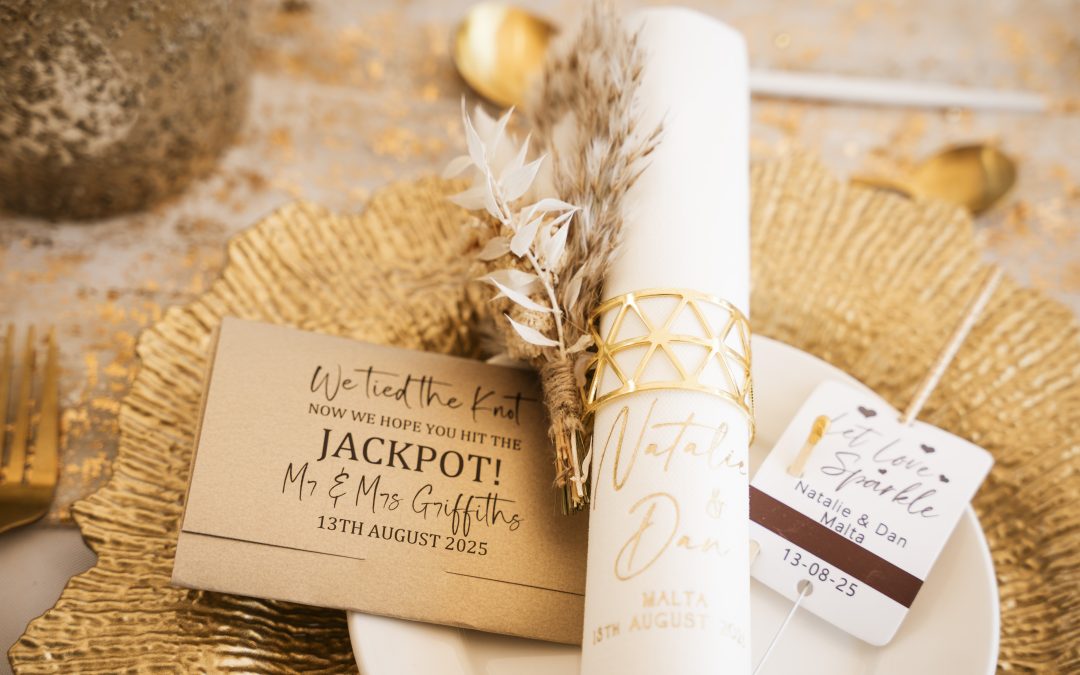The Islam marriage is seen as a religious obligation where the couple signs a contact with Allah. This in fact is the only requirement in a Muslim wedding. In fact, different traditions, sects and cultures all have their own way of celebrating a Muslim wedding, with the constant factor being the signing of the contract.
The Mosque
Muslim marriages are generally not held in mosques and men and women tend to be segregated both during the ceremony and the reception. The wedding can be officiated by any Muslim who has knowledge of the Islamic tradition. Couples opting to get married in a Mosque can make use of the marriage officers that are generally called qazi or madhun to officiate their wedding. In Malta, there are two Mosques: the Malta Islamic Centre that’s in Corradino Road, Paola and the Al Faten Mosque in Floriana.
Meher
The contract signed upon marriage includes a formal statement which specifies the amount of money that the groom will give to the bride. This statement is called the Meher. The gift is generally split in two, one before the marriage, which in today’s times, many have been opting for the wedding ring and the second part of the gift could be slowly handed to the bride in the course of the married life. The bride can choose what to do with the gift as it symbolises the her security and freedom in marriage. This part of the gift can be from a small sum of money to land or education.
Nikah
The ceremony where the contract is signed is called the Nikah. here the groom, or someone representing him, proposes to the bride in the presence of two witnesses. The proposal includes the details of the Meher. Following, the bride and groom repeat the word ‘qabul’, which means I Accept, three times and sign the contract. This is then followed by the newly weds sharing a piece of sweet fruit. When the ceremony involves the segregation of the sexes, the Wali generally acts in the woman’s behalf while performing the nikah.
The Nikah could be followed by a religious ceremony where the first chapter of the Quran is read out and blessing is given.
Mehndi
One prevailing tradition is that of the Mehndi, or Henna. Mehndi is the skin decoration generally applied to the bride’s hands and feet. The same art is applied to all other women in both the bride and the groom’s families. The skin decoration is a celebration within itself and it includes music and women wearing traditional lenghas.
Barat
Another tradition is that of the Barat. The Barat is celebration of the groom’s arrival at the bride’s home. The groom tends to be riding on a decorated white horse and is accompanied by music and dancing. He then is welcomed by the bride’s family by being given a floral garland and sweets.
Valima
Generally hosted by the groom’s parents, the Valima is the reception that follows the Nikah. As a tradition, the Valima generally takes place the night following the wedding, however many do opt to celebrate this immediately after the Nikah.
